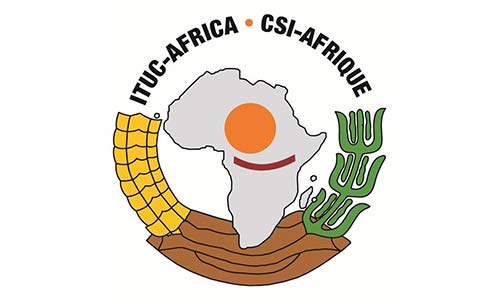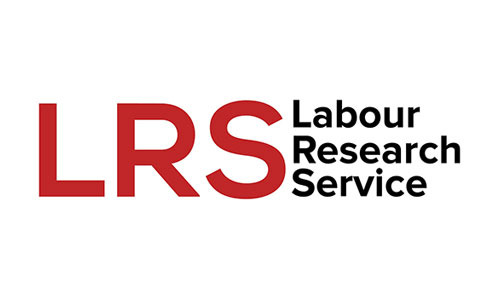Leveraging integration and regional value chains is among the identified priority pathways for driving economic growth and building resilience in the context of the African Continental Free Trade Area (AfCFTA) Agreement.
Knowing where and how a company is situated in the value chains can help the trade union understand how to best negotiate for better pay or conditions of work and how best to direct its organising efforts to build power in value chains.
Effective trade unions act at a local, sectoral and global level in their efforts to tackle inequality in value chains. Ideas and ways of thinking that help us renew our strategies for organising and bargaining are important, and value chain analysis offers just such an opportunity.
Extracted from the 2019 Bargaining Indicators publication of the Labour Research Service, this article attempts to introduce the trade union reader in the sub-Saharan Africa region to the concept of value chains.
Trenton Elsely, Mario Jacobs & Shane Godfrey
Trenton Elsley is the Executive Director of the Labour Research Service. Trenton’s interests include democracy, civil society, the politics of trade union organisation and representation, the world of work and multinational companies.
Mario Jacobs is a researcher at the Labour and Enterprise Policy Research Group (LEP), based at the law faculty, UCT. Mario is a former trade union official with over 20 years of experience in the South African labour movement. His current research interest includes global value chains and Collective Bargaining.
Dr Shane Godfrey is Senior Researcher at LEP. He has published many articles on collective bargaining, worker participation, trade unions, and industrial policy, the relationship between labour market regulation and small business development, labour market trends and non-standard employment, skills development, and decent work.




